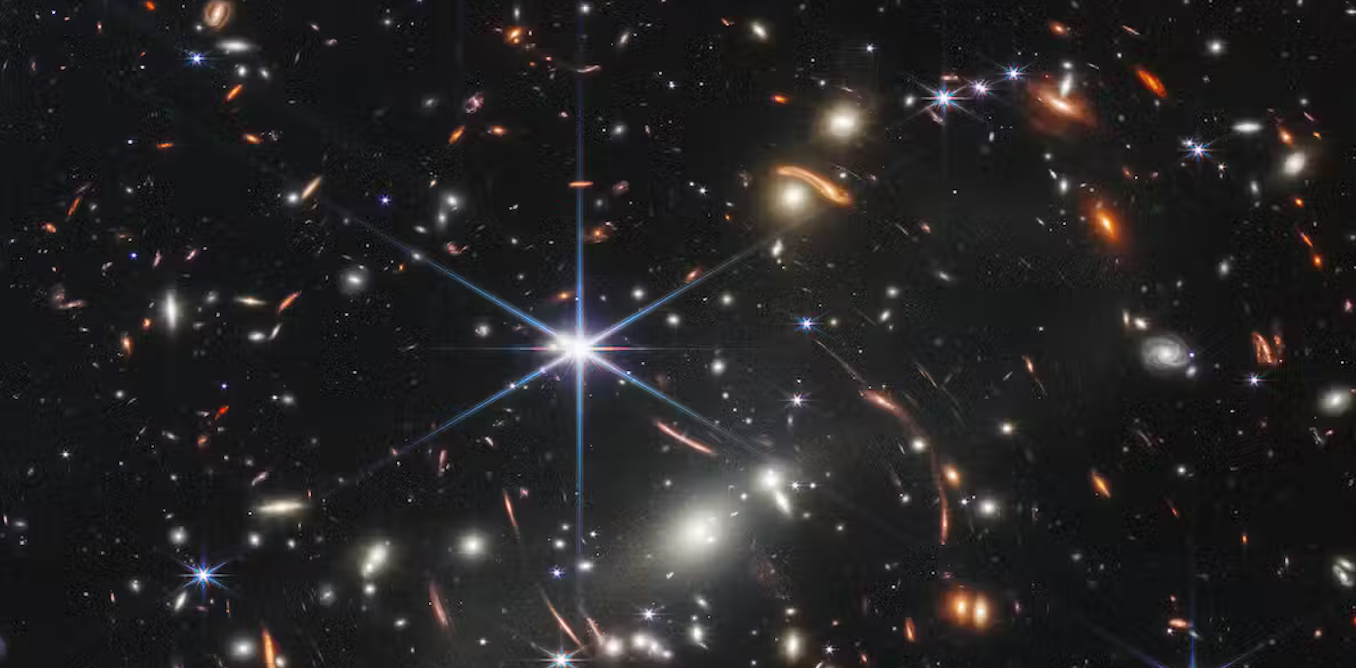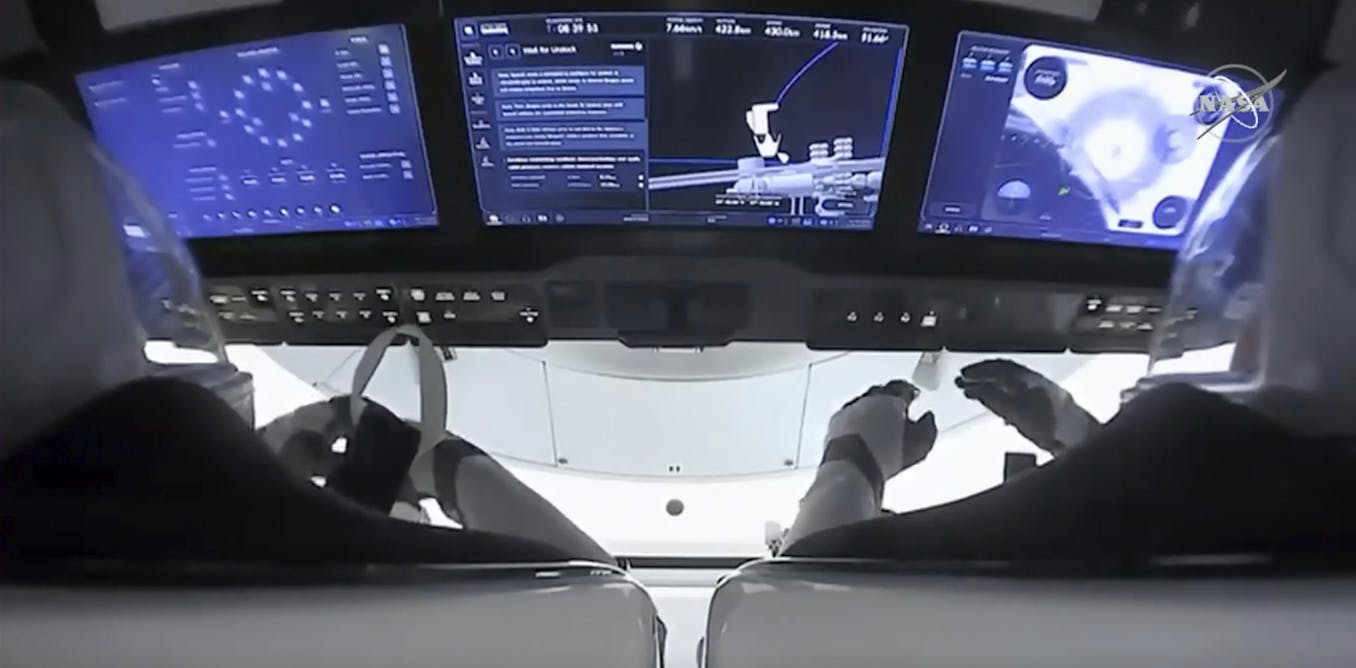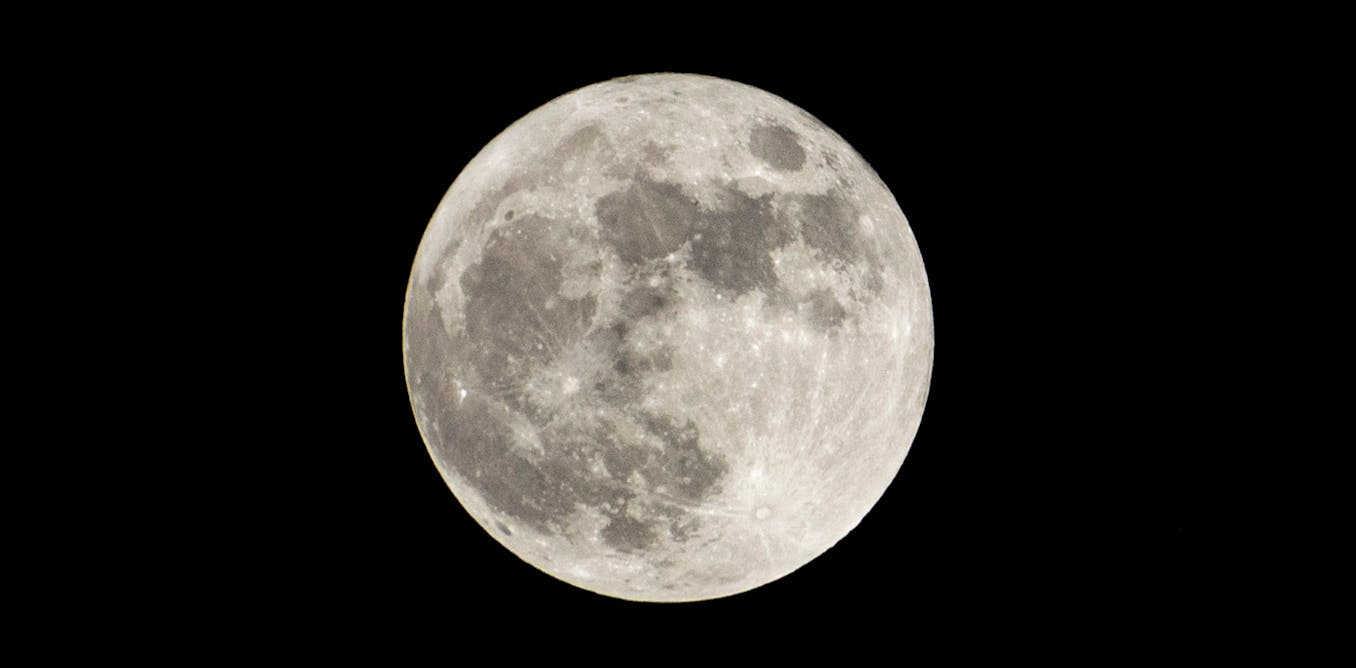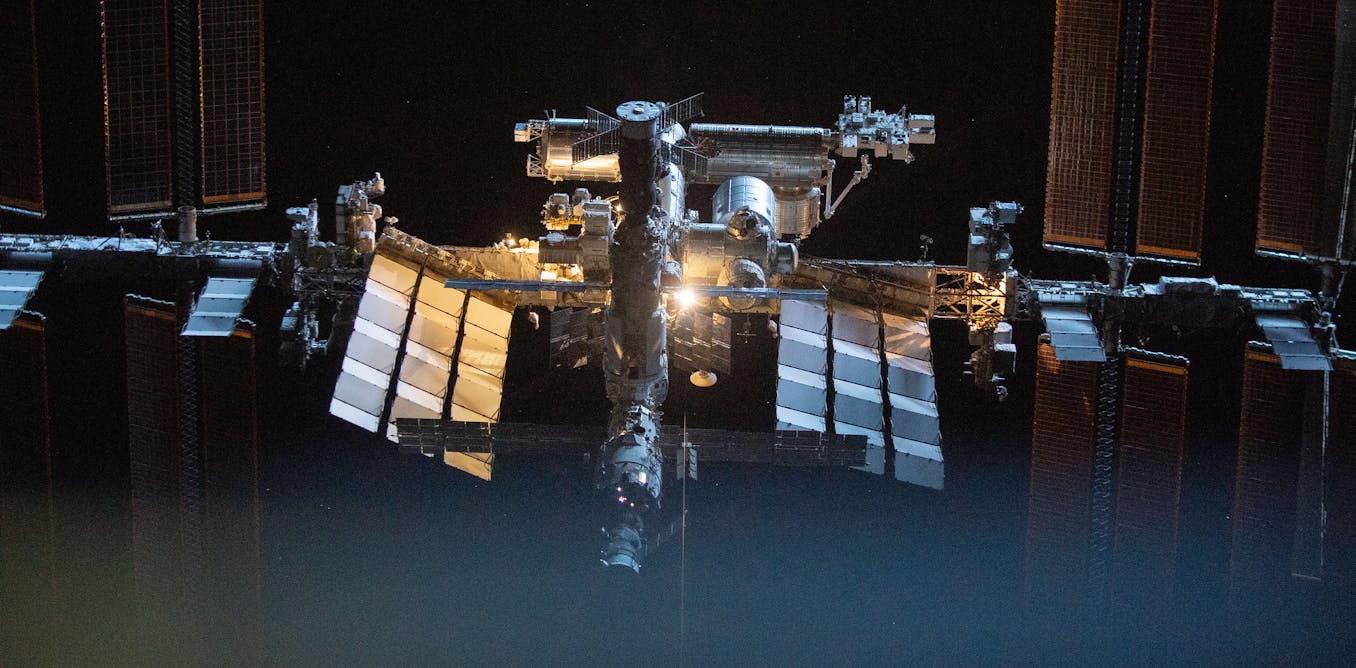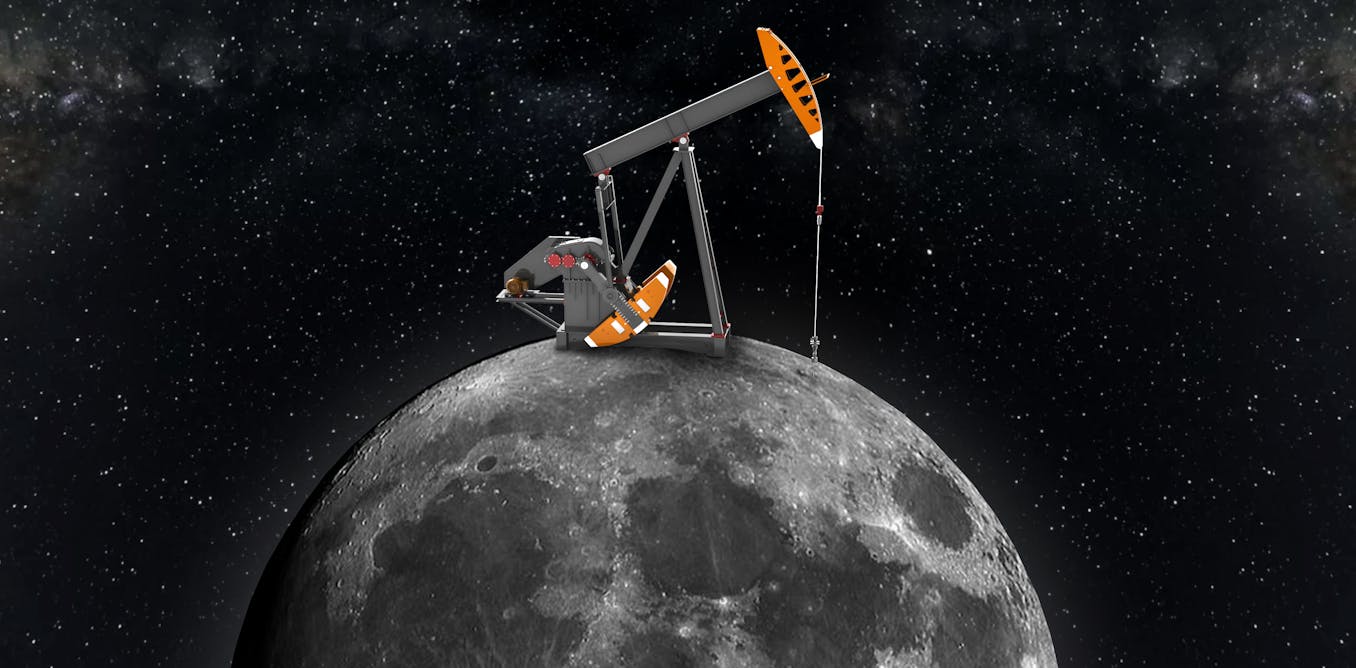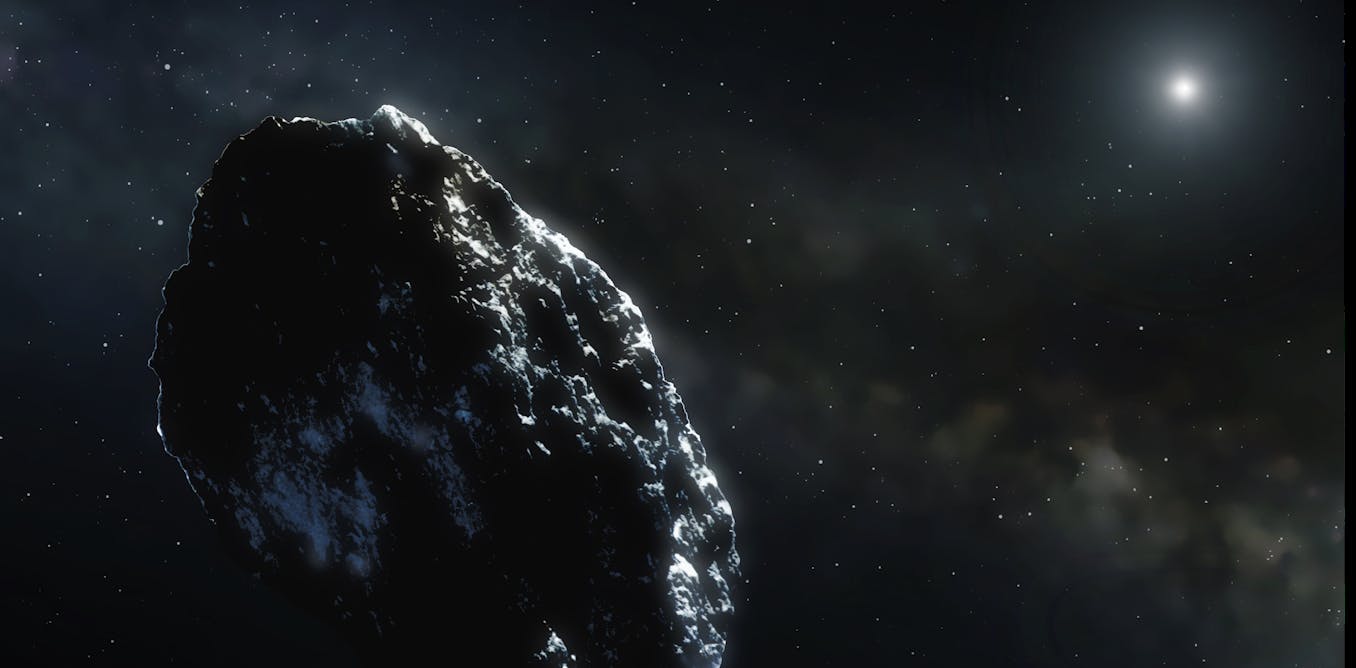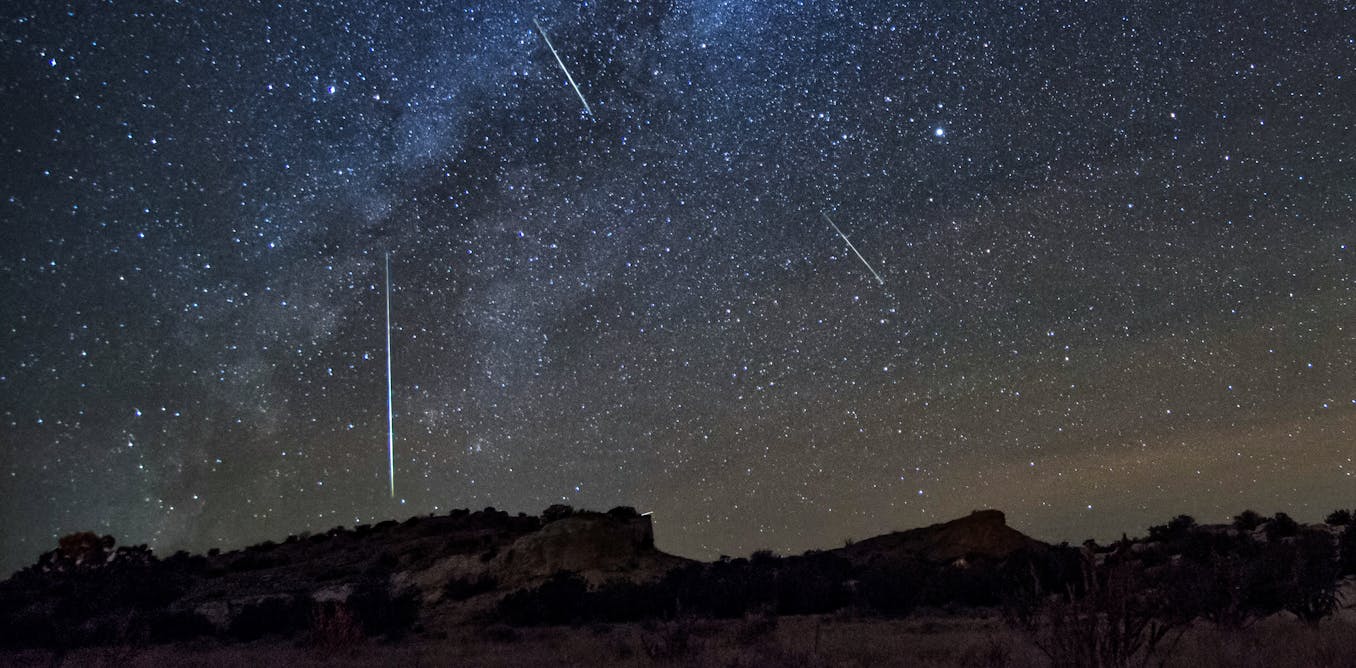The universe is expanding faster than theory predicts – physicists are searching for new ideas that might explain the mismatch
The universe is expanding faster than physicists would expect. To figure out what processes underlie this fast expansion rate, some researchers are first trying to rule out what processes can’t.
Nov. 15, 2023 • ~7 min

